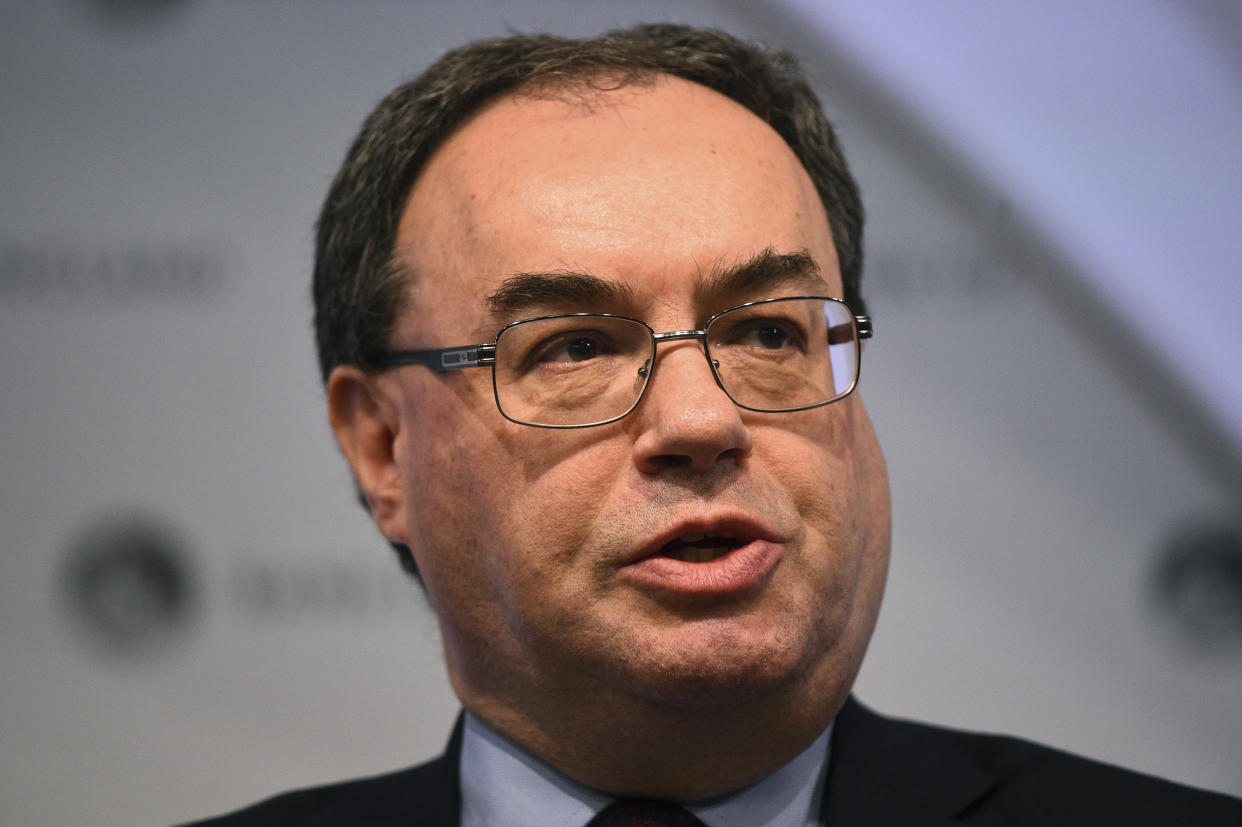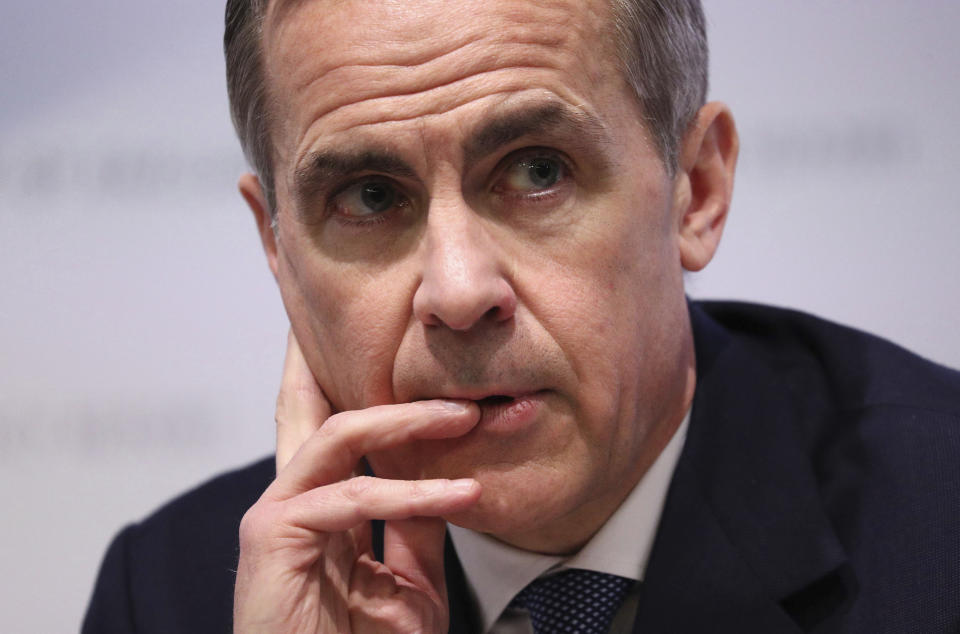New Bank of England chief told: Make climate change top priority

Incoming Bank of England Governor Andrew Bailey is being urged to make climate change a top priority at the central bank.
Campaigners on Tuesday published a letter calling for Bailey to “lead the way” on climate change, going beyond what even predecessor Mark Carney has done on the issue.
Positive Money, a not-for-profit campaign group set up in the wake of the financial crisis, coordinated the letter, which has been signed by over 100 academics, scientists, and public figures.
Read more: Andrew Bailey named new Bank of England governor
Signatories include Greece’s former finance minister Yanis Varoufakis, former UK government science adviser Sir David King, primatologist Jane Goodall, and Citigroup’s former chief economist.
“The investments made by our financial system today determine whether we will be able to keep global temperature rises below the 1.5C upper safe limit,” said Fran Boait, executive director of Positive Money.
“Finance is currently funding warming of more than 4C, which represents an existential threat not only to finance and the economy, but to life on earth.
“As the institution overseeing and underpinning our financial system, the Bank of England must lead the way and do everything it can to stop environmental breakdown being funded on its watch.”

The letter calls for Bailey to: make it mandatory for firms under the Bank of England’s supervision to disclose climate risk; exclude fossil fuels assets from quantitative easing and ban it as pledged collateral at the central bank; and penalise high-carbon emissions through the central bank’s macro-prudential framework.
The letter was published ahead of Bailey’s confirmation hearing in parliament on Wednesday. Bailey, who is due to take the top job at Threadneedle Street on 16 March, will appear before the Treasury Select Committee to answer MPs questions.
Read more: Mark Carney to advise Boris Johnson on climate change
Bailey’s predecessor Mark Carney has taken a leading role in promoting climate change as an issue for central banks around the world. As chair of the Financial Stability Board Carney helped to set up the Taskforce for Climate Related Disclosures, which aims to make climate-risk reporting standard in business. He has also pledged to introduce climate “stress testing” for financial institutions under the Bank of England’s supervision.
His advocacy led to his appointment as a climate adviser to both Boris Johnson and the UN.
However, Frank van Lerven, senior economist at the New Economics Foundation, said: “Despite many positive steps in the right direction, policy action at the Bank is lagging behind the rhetoric.
“At present monetary and prudential operations are laced with a carbon bias – reinforcing climate-related financial risks and contravening the spirit of the Paris Climate Agreement.
“Leading by example and integrating climate risks into the Bank’s own monetary and prudential operation would sensibly be the first place to start.”

